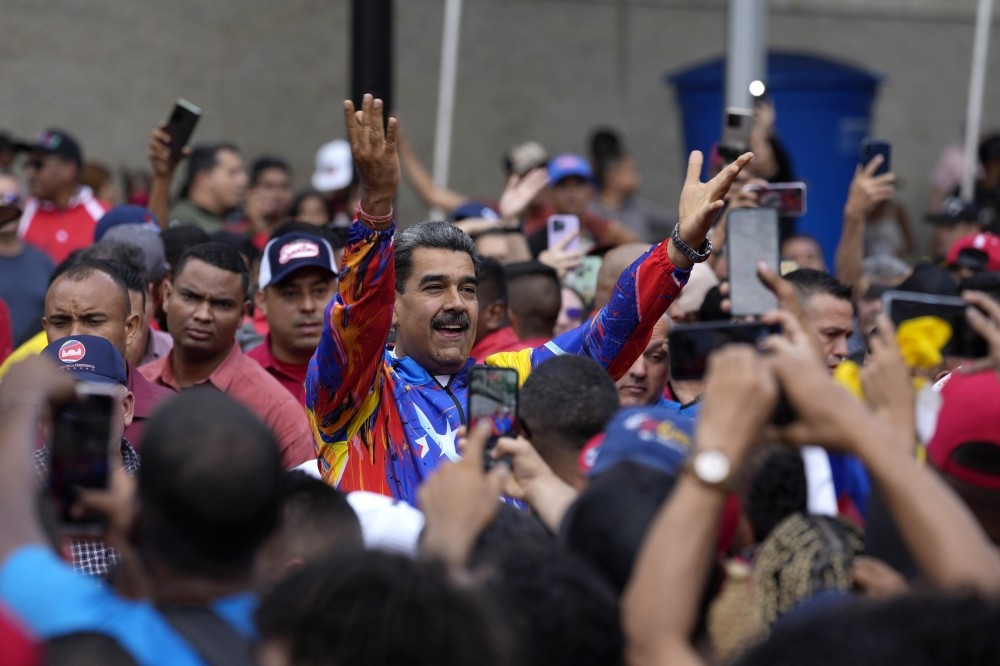30/05/2024
30/05/2024

SABANA DE MENDOZA, Venezuela, May 30, (AP): One of the most influential politicians in Venezuela once deemed images of his fellow citizens abandoning their home country the result of a professionally scripted, "Hollywood-type blockbuster.”
Migration, Diosdado Cabello said, was an issue conjured by a "media apparatus.” Similarly, his boss, President Nicolás Maduro, denied for years, at least publicly, that millions of people were literally walking away from Venezuela.
Nothing, however, could have pushed them out of denial and into acceptance faster than the existential threat that their self-described socialist government is facing for the first time in years.
As Maduro works toward reelection with a divided, diminished and disappointed base, he has slowly transformed into a defender for migrants, challenging news reports linking some to criminal activities and accusing immigration authorities in other countries of abusing Venezuelans.
Maduro, like the chief opposition coalition, is promising job opportunities to lure people to return or not leave. But unlike the opposition’s proposals, his no longer ring true for many voters, and they have already made up their minds: If Maduro wins on July 28, they will become migrants.
"I love Venezuela. I would like to pursue a medical career here, but one must think about the future,” said Arnaldo Benitez, 18. "I want my family to have a decent life and not be thinking ‘I can’t afford this or that.’ So, I have to plan for a better future even if it unfortunately means leaving Venezuela.”
Benitez, who finished high school last year, plans to move to Colombia, which has received the largest share of the more than 7.7 million Venezuelans who have migrated since their country came undone last decade. He said other people in his rural community of Torococo are also waiting for the election outcome to decide whether to leave, but a group of 20 thought it best not to wait and left in early May.


